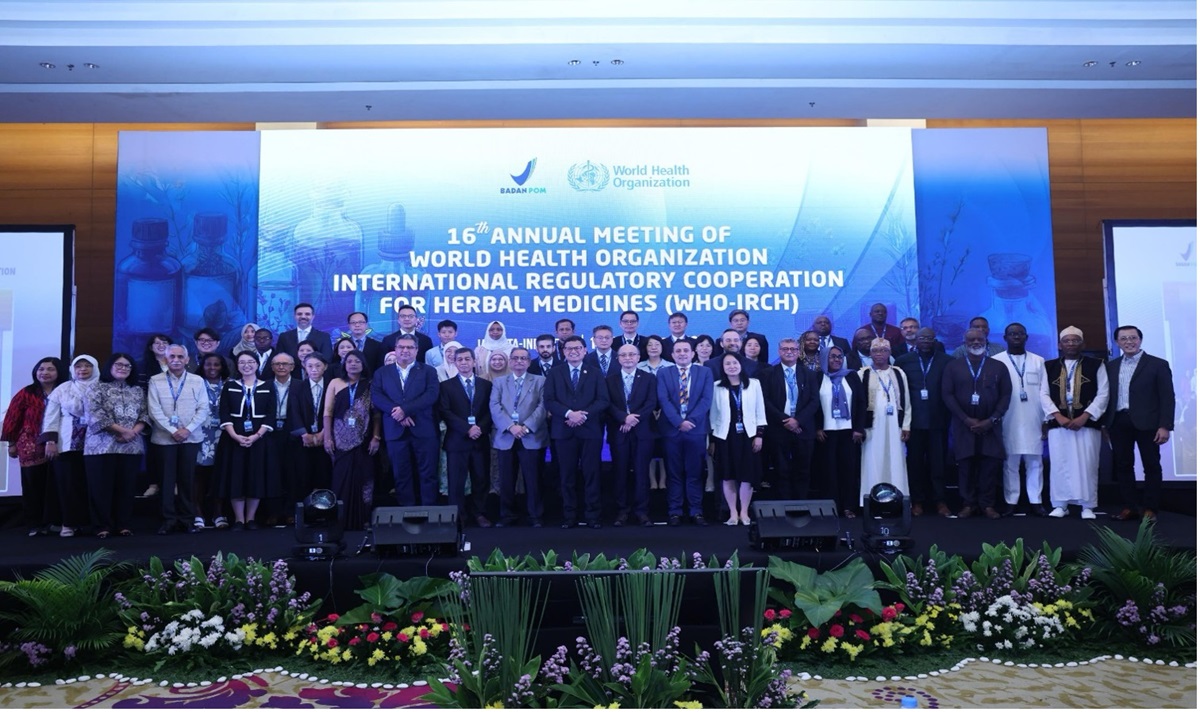Is Air Pollution Linked To Dementia? Expert Decodes


Delhi residents continue to struggle with the hazardous air pollution levels. The city’s Air Quality Index (AQI) continue to fall under the ‘very poor’ category. We are all aware how air pollution affects our lungs, heart and even our bone health. But there’s more to it. Studies and research are discovering how pollution is capable of more harm to the human body. What if we tell you air pollution is possibly linked to dementia? Yes, as shocking as it may sound, but it is a fact.
To get a better view on this, we speak to Dr Kuldeep Kumar Grover, Critical Care and Pulmonology Head, CK Birla Hospital, Gurugram. Let’s take a look at what the expert has to say.
Can Air Pollution Cause Dementia?
Some studies have shown air pollution’s link to dementia. Our expert explains the truth behind it.
“Air pollution may cause dementia, mainly involving inflammation in the brain and oxidative stress (a chemical process in the body that can cause damage to cells, proteins, and DNA). Both oxidative stress and inflammation play a well-established role in the onset and progression of dementia. Air pollution is believed to trigger these processes through direct entry to the brain or via the same mechanisms underlying lung and cardiovascular diseases. Air pollution can also enter circulation from the lungs and travel to solid organs, initiating local and wide-spread inflammation,” explains Dr Grover.
How Air Pollution Affects the Brain
Air pollution doesn’t just harm your lungs — it can also have serious effects on your brain. Dr Grover explains how:
Reduced Oxygen Supply to the Brain
Polluted air, especially fine particulate matter (PM2.5 and PM10), can reduce the amount of oxygen reaching the brain. This can impair cognitive functions like memory, attention, and decision-making.
Neuroinflammation (Brain Inflammation)
Tiny particles and toxic gases (like nitrogen dioxide and carbon monoxide) can enter the bloodstream and reach the brain. Once there, they trigger inflammation — damaging brain cells and disrupting neural communication.
Oxidative Stress
Airborne pollutants generate free radicals, which cause oxidative stress. This accelerates the ageing of brain cells and may contribute to neurodegenerative diseases such as Alzheimer’s and Parkinson’s.
Cognitive Decline and Brain Fog
Exposure to polluted air — especially in cities with high AQI — is linked to:
- Poor concentration
- Slower information processing
- Memory lapses
- Fatigue or mental sluggishness (commonly called brain fog)
Impact on Children’s Brain Development
Children’s brains are still developing, so air pollution exposure can interfere with:
- Learning ability
- IQ development
- Emotional regulation
- Long-term studies show that kids growing up in polluted areas score lower in cognitive tests.
Risk of Mental Health Issues
Long-term exposure is also associated with a higher risk of anxiety, depression, and even dementia, likely due to inflammation and structural brain changes.
Indirect Effects
Poor air quality affects sleep quality, energy levels, and overall mood, all of which influence mental clarity and productivity.
“Pollution causes a wide range of harmful effects on human health and the environment, including respiratory and heart diseases from air pollution, waterborne illnesses from contaminated water, and damage to ecosystems and biodiversity,” adds Dr Grover.
Also Read: Delhi Smog Triggers Sharp Rise in Eye Problems, Doctors Warn of 50% Surge in Cases
Other Side Effects of Air Pollution
On this note, let us take a look at some of the short-term effects of air pollution:
- Coughing
- Wheezing/difficulty breathing
- Irritation to eyes, nose, and throat
- Headache
- Dizziness
- Fatigue
Here are some of the long-term effects of air pollution:
- Respiratory diseases (asthma, emphysema)
- Cardiovascular damage
- Harm to liver, spleen, and blood
- Nervous system damage
- Cancer
- Birth defects
- Death
Tips to Protect Our Brain Health From Pollution
Dr Grover shares how we can safeguard our brain from the harmful effects of air pollution:
- Reduce your exposure by staying indoors on high-pollution days.
- Use air purifiers.
- Minimize indoor sources of pollution like smoking and cooking without ventilation.
- It is also important to monitor local air quality.
- Exercise in areas with less pollution.
- Maintain a healthy lifestyle that includes a balanced diet, regular physical activity, and proper blood pressure control.
- Use masks while going outdoors.
Also Read: Delhi Air Quality Turns ‘Severe’; Expert Shares Effects Of Air Pollution On Human Health
The Final Word
Air pollution may cause dementia, primarily involving inflammation in the brain and oxidative stress. However, we can safeguard our brain from the harmful effects of air pollution by following certain safety protocols like using air purifiers, masks and trying to stay indoors unless.
FAQ
-
What is environmental dementia?
Studies have found that chronic exposure to fine particulate matter, commonly found in vehicle emissions and industrial pollution, can result in inflammation and oxidative stress in the brain. Over time, these conditions accelerate cognitive decline and increase the risk of Alzheimer’s disease and other dementias.
-
How can air pollution affect the brain?
In 2008, researchers in Mexico reported that people in high-pollution areas showed higher levels of brain inflammation compared to those in areas with lower pollution.
-
Is air pollution linked to dementia?
Yes, exposure to a high level of air pollution increases a person’s risk of developing dementia.
-
Which organ is most affected by air pollution?
Lung is the most affected by air pollution.
Read Next
Can Sex Cause Constipation? Here Is What A Doctor Needs You To Know
How we keep this article up to date:
We work with experts and keep a close eye on the latest in health and wellness. Whenever there is a new research or helpful information, we update our articles with accurate and useful advice.
Current Version
-
Nov 03, 2025 11:22 IST
Published By : Shruti Das
link







